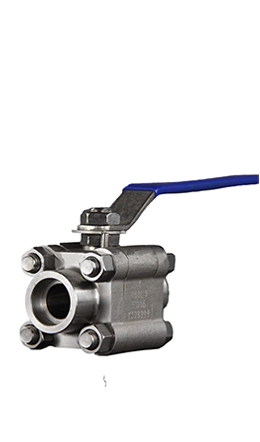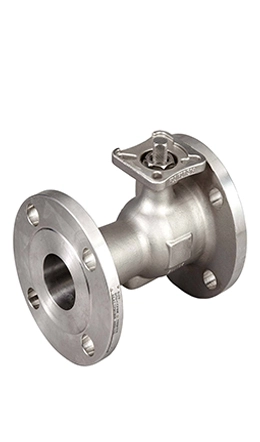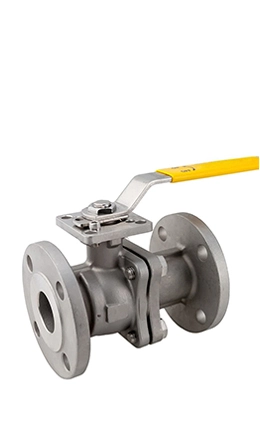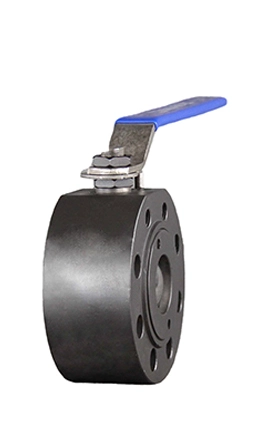Compact and efficient, small ball valves are ideal for instrumentation, HVAC, automation, and tight-space applications. These small size ball valves feature a lightweight, corrosion-resistant design that ensures reliable flow control in low-pressure gas, water, and chemical systems. Commonly used in pharmaceuticals, food processing, semiconductor manufacturing, and automotive cooling, these valves offer quick shut-off and precise regulation. Whether using mini stainless steel ball valves, they provide optimal performance in confined spaces and are perfect for pneumatic controls, sampling valves, and compact piping systems. For applications needing reverse-flow prevention, small ball check valve options are also available.




When selecting a small-size ball valve, consider the following factors: material compatibility with your fluid (corrosion resistance), pressure/temperature ratings, port size (full bore for low pressure drop or reduced bore for space savings), ball valve connection type (threaded, flanged, etc.), seal material (PTFE for chemicals, metal for high temps), and actuation type (manual, pneumatic, or electric). Also evaluate leak-tightness standards, fire-safe/anti-static needs, and maintenance requirements for optimal performance and longevity.
Small ball valves are widely used in instrumentation, laboratory equipment, HVAC systems, and compact machinery due to their space-saving industrial valve design and precise flow control. They are ideal for low-pressure gas, water, and chemical lines, as well as automation systems requiring quick shut-off. Common industries such as pharmaceuticals, food processing, semiconductor manufacturing, and automotive cooling frequently rely on tiny ball valves for compact and efficient system layouts. Their lightweight, corrosion-resistant construction ensures reliability in tight spaces, making them essential for pneumatic controls, sampling valves, and small-scale process piping.
